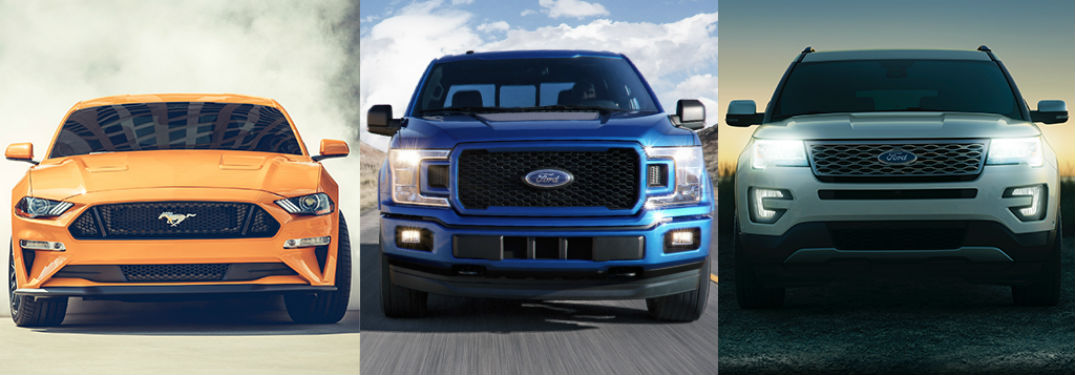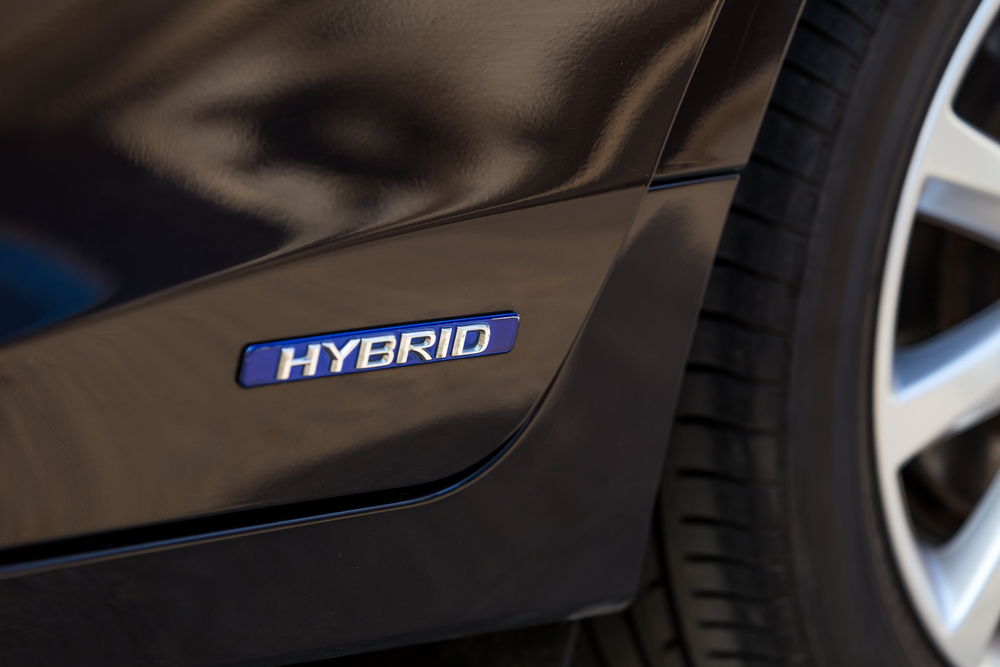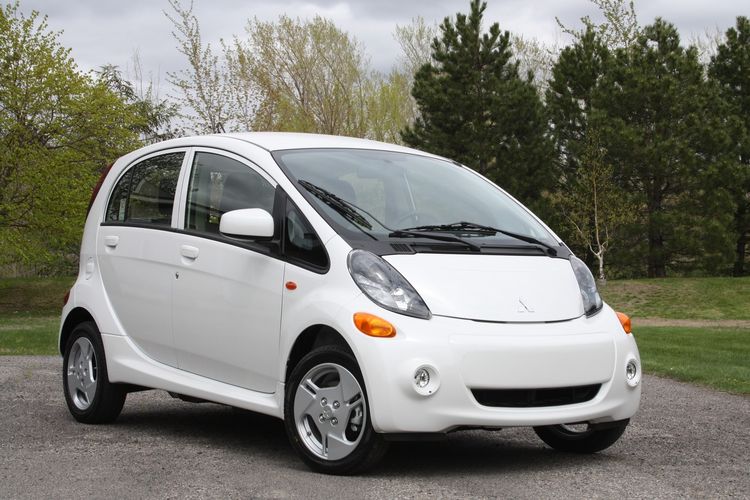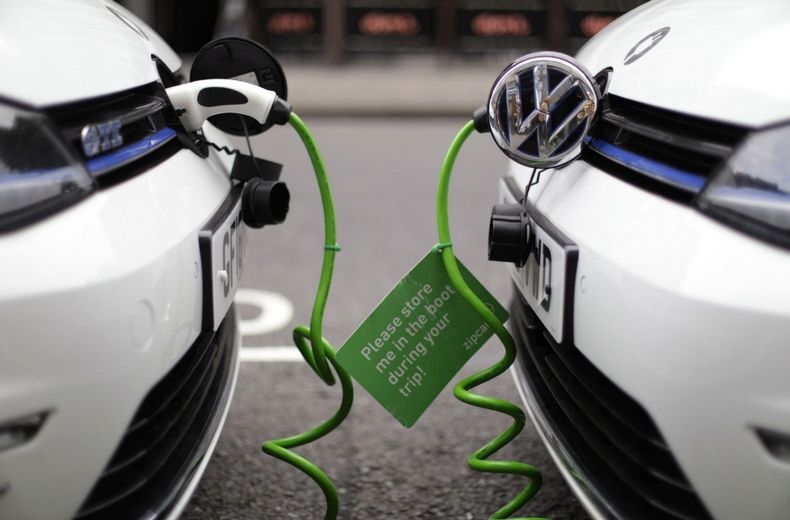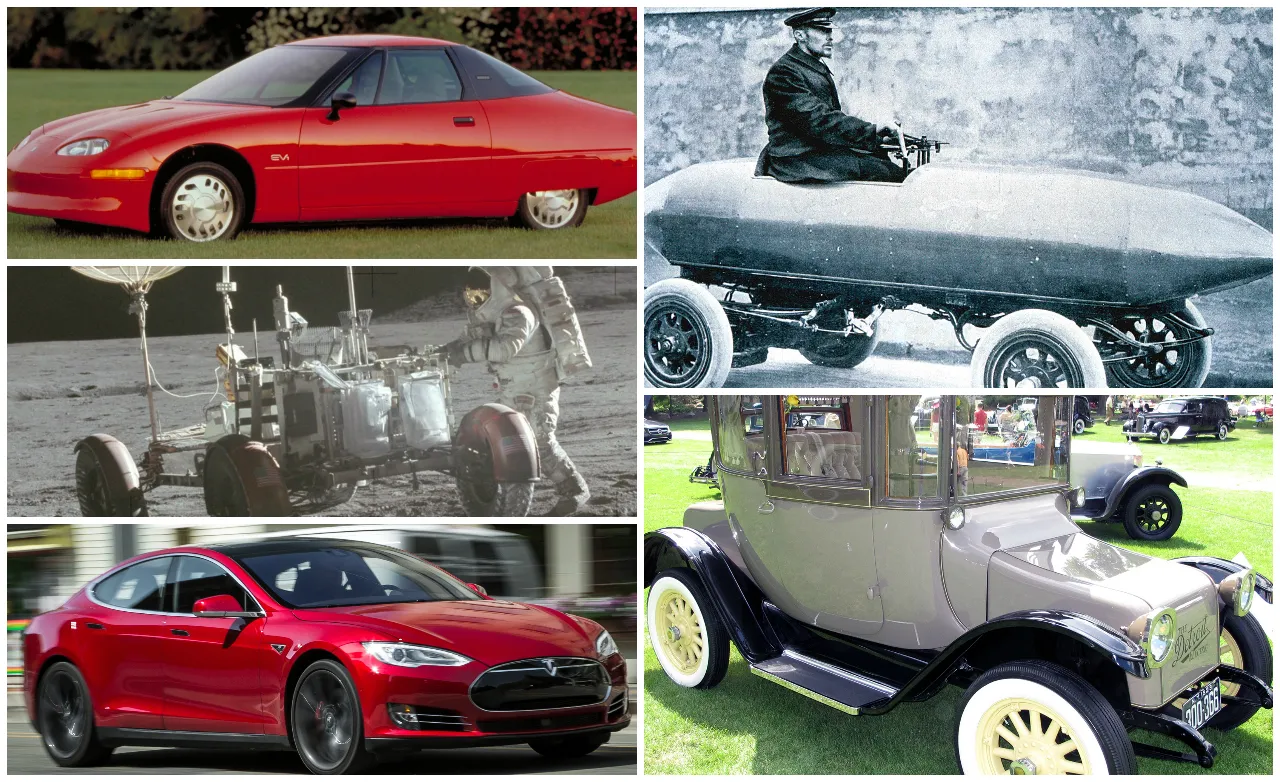
A Brief History of Electric Cars
Electric cars have become increasingly popular in recent years, revolutionizing the automotive industry and paving the way for a sustainable future. With their zero-emission capabilities and advancements in technology, electric cars have captured the attention of both environmentally conscious individuals and those looking for cutting-edge transportation options. In this article, we will delve into the fascinating history of electric cars, exploring their origins, evolution, and the impact they have had on the automotive landscape.
The Early Days of Electric Vehicles
The concept of electric vehicles dates back to the early 19th century when inventors began experimenting with electric power for transportation. In 1832, Scottish inventor Robert Anderson developed the first crude electric carriage, powered by non-rechargeable primary cells. However, it was Thomas Davenport, an American blacksmith, who is credited with building the first practical electric vehicle in 1835.
The Rise and Fall of Electric Cars
During the late 19th and early 20th centuries, electric cars gained significant popularity, especially among affluent individuals. They were considered a symbol of luxury, offering a smooth and quiet driving experience compared to their noisy and polluting gasoline-powered counterparts. In fact, at the turn of the 20th century, electric cars outsold all other types of vehicles, including steam and gasoline.
However, several factors contributed to the decline of electric cars during the early 20th century. The discovery of vast petroleum reserves and the subsequent development of internal combustion engines led to the rise of gasoline-powered vehicles. These vehicles offered longer ranges and quicker refueling times, making them more practical for the masses.
Additionally, the development of the assembly line by Henry Ford in the early 20th century made gasoline-powered vehicles more affordable, further diminishing the demand for electric cars. By the 1930s, electric vehicles had all but disappeared from mainstream use, and gasoline-powered cars dominated the market.
The Rebirth of Electric Cars
Electric cars experienced a resurgence in the late 20th century as concerns about air pollution, greenhouse gas emissions, and oil dependency grew. Governments and environmental organizations began promoting electric vehicles as a sustainable alternative to conventional cars. Technological advancements, particularly in battery technology, also played a crucial role in making electric cars more practical.
One significant milestone in the rebirth of electric cars was the introduction of the General Motors EV1 in 1996. This sleek and efficient electric vehicle garnered attention and sparked public interest in electric cars. However, due to various reasons, including limited range and charging infrastructure, the EV1 was eventually discontinued.
The Modern Era of Electric Cars
In recent years, we have witnessed a remarkable shift towards electric cars, driven by advancements in battery technology, government incentives, and growing environmental awareness. Automakers such as Tesla, Nissan, and Chevrolet have introduced electric models that offer impressive range, quick charging capabilities, and sleek designs.
The popularity of electric cars has also been bolstered by the increasing availability of charging infrastructure, making long-distance travel more feasible. Governments around the world have implemented policies to encourage the adoption of electric vehicles, including tax incentives, subsidies, and the establishment of charging networks.
The Future of Electric Cars
As we look ahead, the future of electric cars appears promising. Automakers are investing heavily in research and development to enhance battery technology, increase range, and reduce costs. With continued advancements, electric cars are expected to become even more accessible and affordable to a broader range of consumers.
Furthermore, the integration of renewable energy sources, such as solar and wind, into the charging infrastructure will further enhance the sustainability of electric cars. This combination of clean energy and electric transportation has the potential to significantly reduce greenhouse gas emissions and mitigate the environmental impact of the automotive industry.
Conclusion
In conclusion, the history of electric cars has been a fascinating journey marked by innovation, challenges, and a renewed focus on sustainability. From their humble beginnings in the 19th century to the present-day advancements, electric cars have evolved into a viable and environmentally friendly mode of transportation.
With increasing public demand, rapid technological progress, and supportive government policies, electric cars are poised to dominate the automotive industry in the coming years. As we move towards a greener future, electric cars will play a pivotal role in reducing our carbon footprint and creating a sustainable transportation system for generations to come.


